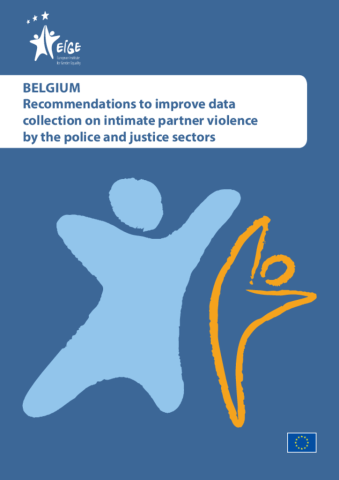The recommendations were developed after an in-depth analysis of data collection from the police and justice sectors. They aim to improve administrative data collection on intimate partner violence to better inform policies and to help the Member States meet the monitoring requirements outlined in both Directive 2012/29/EU (the Victims’ Rights Directive) and the Istanbul Convention.
Read more
Data collection on intimate partner violence by the police and justice sectors - all EU countries
Indicators on intimate partner violence and rape for the police and justice sectors
